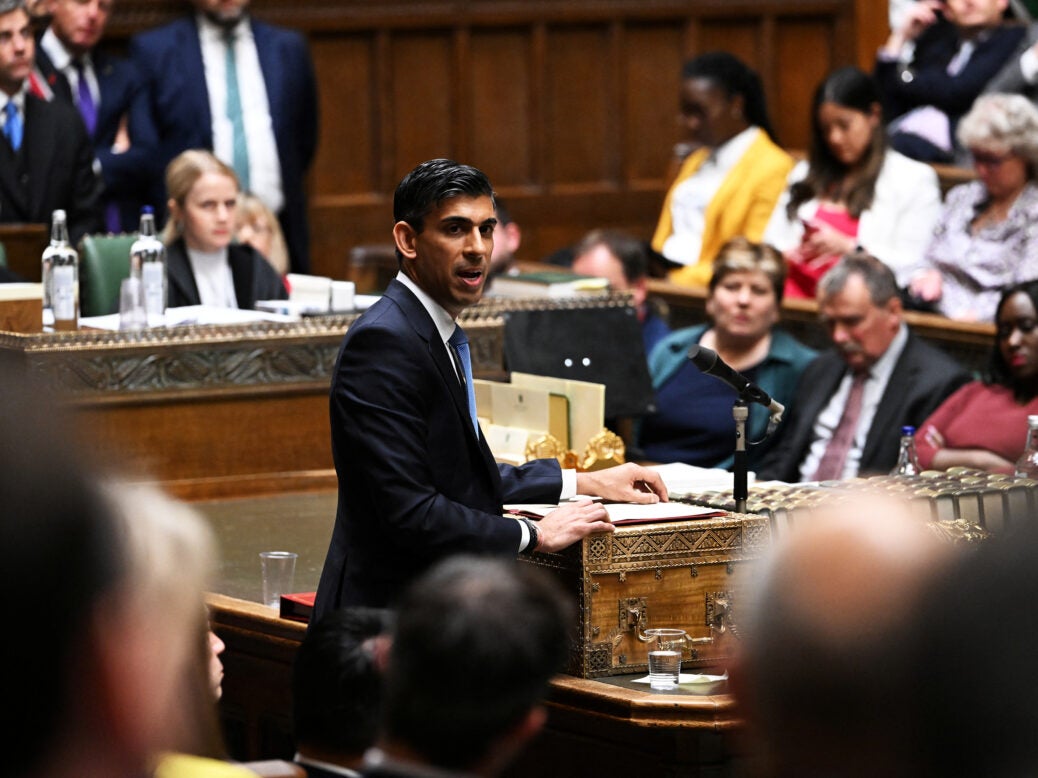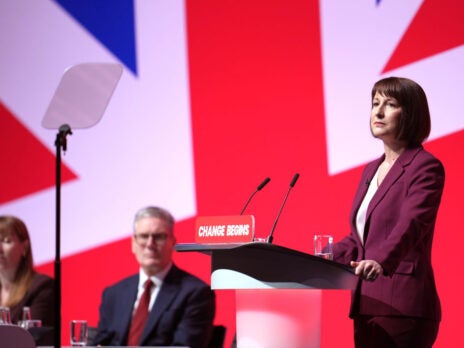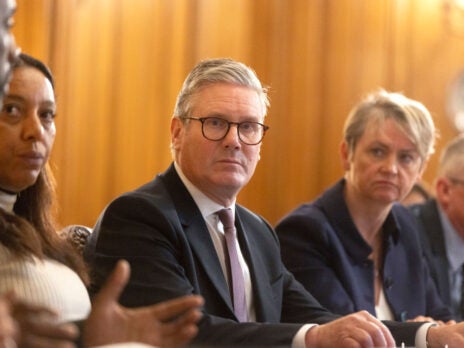
Will Rishi Sunak save the Conservatives? “Save” might be too far, but I am sure of one thing: the next general election won’t end with Labour 30 percentage points ahead.
Current polling, which produces such remarkable leads for the opposition, reflects an ensemble of thirds. A third of 2019 Conservative voters have stayed with the party. Another third have defected to Labour and the smaller parties. The final third, the most crucial to any Tory recovery, are former Conservatives who say they would either abstain or don’t know who they would vote for.
Crucially for the new Prime Minister, the latter will prove much easier to win back to the Tory fold than those who transferred to other parties. Apathy is often a symptom of an unwillingness to openly back an unpopular incumbent party and over the past year the Conservative brand has soured considerably. Its reputation on the economy, public standards and overall competence has been trashed. The coronation of Sunak, objectively the most popular Tory candidate among voters, will go some way to reversing these perceptions among the “disgruntled third”.
But Sunak is no saviour. His own reputation was tarnished by his botched response to the cost-of-living crisis in this year’s spring statement. And his post-Covid policy priorities resemble the austere approach favoured by David Cameron and George Osborne (but with significantly less public support). Nevertheless, Sunak displays an air of competence that voters haven’t seen from a Conservative prime minister for quite some time. By virtue of not being Liz Truss, or indeed Boris Johnson, Sunak may oversee a significant improvement in the Tories’ poll ratings. To quote the former Australian prime minister Paul Keating, “he’s only got to be on his feet and dressed to do that”.
But will Sunak truly save the Tories? It depends how we define “save”. Win the next election? Unlikely. The fundamentals lie in Labour’s favour and they are likely to prove hard to shift. At present, Labour leads dramatically in the polls. It leads on the economy by a margin of ten points, and it leads on party and leader likeability.
Labour has not led on the economy since the 2008 financial crisis. Sunak may make the Tories more competitive on this metric – YouGov polling shows he is personally trusted on this economy – but his ideological instincts are not suited to the present moment as where he is not trusted is on the cost of living. And Keir Starmer, for all his limitations, is not only rising because his opponents are falling. In the past month his general likeability has improved, driven by perceptions of personal competence. Whatever happens, Starmer is far more competitive than he was this time last year.
Though this doesn’t bode well for a full recovery by the Tories, it does point to a potential narrowing in the polls, even if that won’t come easily. To return to my ensemble of thirds, the group that should worry Sunak is the third who now say they will vote for Labour, the Lib Dems, or Reform. This is a phalanx of voters proactively declaring for an alternative party, and parties usually have trouble winning defectors back. If we assume that this third of the Tory base will not return, while the apathetic third will, this leaves the Tories with a 30 per cent ceiling on their vote. This is not an election-winning position.
It is because of this, and the indelible impression recent events have made on voters, that I am quietly confident the next election is a foregone conclusion. I would rate the probability of Labour finishing first by vote share at around 95 per cent. This by no means rules out a Tory recovery strong enough to deny Labour a parliamentary majority.
This, ultimately, may prove to be the best Sunak can do. Save the Tories and achieve a fifth consecutive election victory? No. Save the Tories from electoral oblivion? Absolutely.
[See also: Rishi Sunak’s ruthless streak should worry Labour]


